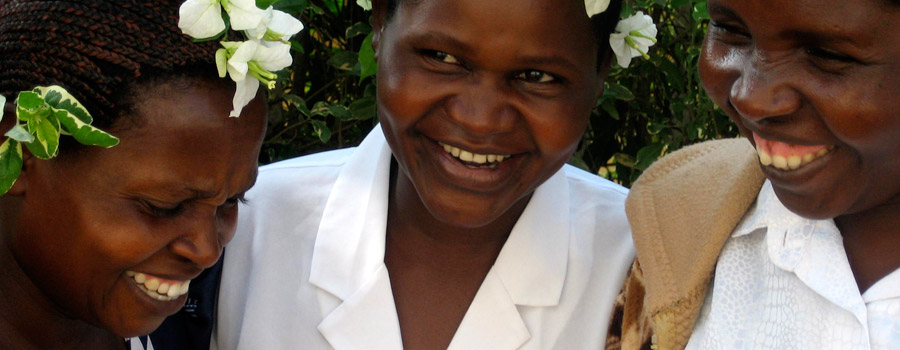Engendering Quality :
Informed and Voluntary Decision Making
Women living with fistula have a right to accurate information about their condition, the range of treatment options, and the variety of possible outcomes following treatment.
This information is most often conveyed during one-on-one counseling sessions between health care providers and clients.
Counseling women with fistula requires openness, compassion, a willingness and ability to simplify complex terms and concepts, and a genuine desire to make clients feel welcome. Health care workers should provide all of the information that a client needs to make a fully informed decision about fistula-related treatment and then determine whether the client is comfortable and understands the consequences of her decision.
While counseling is the process, an informed decision is the intended outcome. Documented informed consent safeguards the client’s right to make an informed decision. Informed consent is a critical component of quality fistula care services.
This section includes curricula, training modules, and tools to promote informed and voluntary decision making.
View the Resources and Tools.
![[ Skip Navigation ]](../../data/images/c.gif)



